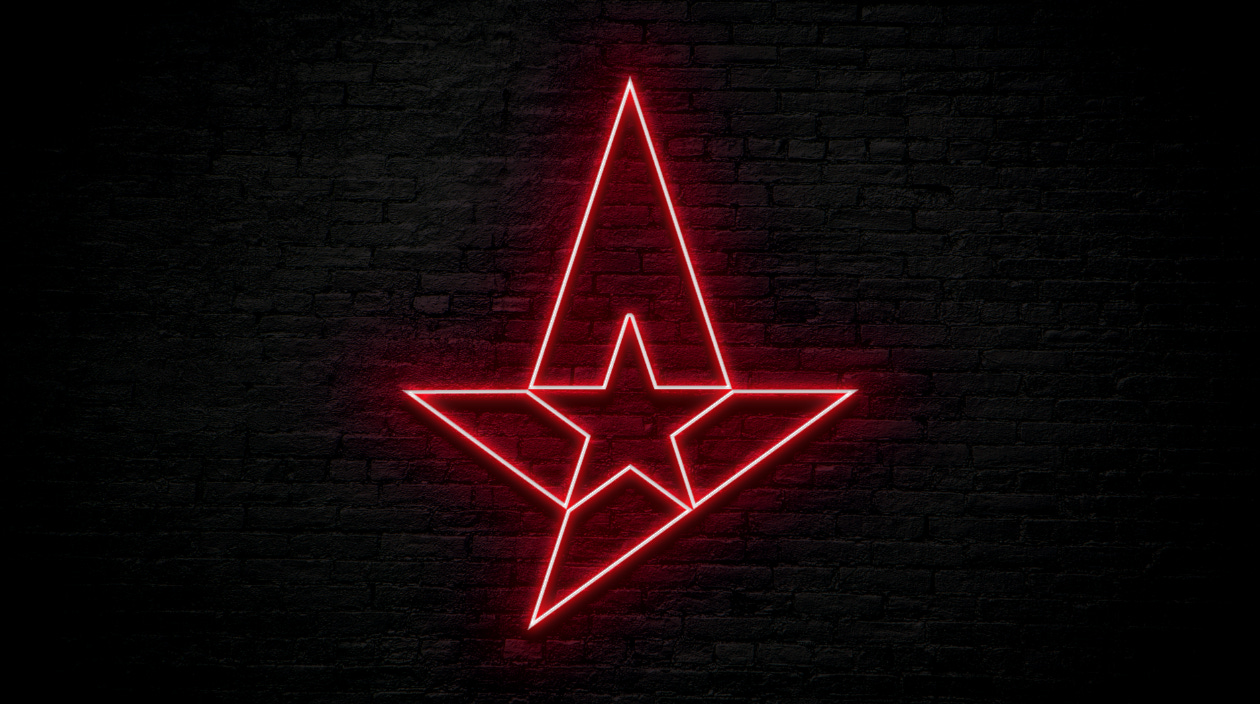Astralis under fire after controversial crypto betting partnership
Sharpr is a weekly newsletter covering the intersection of esports and betting
Hi everyone, Cody here.
It’s been one hell of a week in the esports gambling sector.
A controversial betting partnership stirred up a boiling pot of public backlash and sent me straight down the rabbit hole researching the team behind Roobet. The findings connect the advent of unregulated crypto betting to skin gambling in a way that’s too similar to ignore.
I hope you all enjoy this week’s issue – let’s dig right in 🍴
In this week’s edition of Sharpr…
Astralis under fire after controversial crypto betting partnership
Rivalry launches in Australia, debuts interactive campaign “PM Fighter”
ESIC issues additional wave of bans ahead of CS:GO Major
If this newsletter was forwarded to you, please consider subscribing.
Astralis under fire after controversial crypto betting partnership
Danish esports organization Astralis came under fire last week after announcing a partnership with online betting platform Roobet.
The two-year commercial agreement announced on May 5 was set to feature Roobet’s branding on Astralis Counter-Strike: Global Offensive jerseys (the organization’s most prominent and visible roster) and across its digital platforms.
The partnership was cut short, however, by a flurry of public kickback over the website’s checkered past, and terminated a day later by Astralis.

In an official statement, Astralis CEO Anders Hørsholt said the company did not vet its prospective partner well enough, and would rescind its commercial agreement immediately.
“In this incidence, we did not perform our due diligence well enough around local legal matters, and when you make a mistake, you must correct it.
“There can never be any doubt about our actions, but in this case we have not met our own standards, which we regret towards all parties implicated.”
According to Roobet’s terms and conditions, Danish residents are not permitted to access the website, a nod to the local legality mentioned in Hørsholt’s statement above. Astralis Founder and Chairman Nikolaj Nyholm later added that the organization had “no knowledge of any indiscretions Roobet has done or was involved [in].”
Roobet is an offshore, unregulated crypto gambling website, and comes with the controversial background you’d expect from a company with that profile.
The Curaçao-licensed platform is one of several online casinos that rose to prominence through live-streaming on Twitch (others include Stake and Duelbits). Though this new promotional avenue involving gaming creators has panned out to be a messy affair.
Unregulated crypto platforms such as Roobet pay top streamers millions to broadcast casino games, oftentimes, to an audience containing underage viewers (21% of users are between 13 and 17 years old).
A previously leaked DM discussed a $2M payment to Adin Ross from Roobet, while Matthew “Mizkif” Rinaudo claimed to have been offered $35,000 per hour to gamble on stream from an unnamed company.
Operators have used deceptive practices–such as rigged outcomes and providing house money to wager with–to cast an authentic casino appearance and entice viewers with big payouts.
While Roobet, Stake, and Duelbits are unavailable in the US, streamers (and their viewers) can circumvent restrictions using VPNs. Streamers can generate additional revenue through referrals, which, when involving US residents, could be seen as promoting illegal gambling.
🦈 Sharpr Take: Astralis avoided a lot of unwanted attention by terminating its partnership with Roobet as quickly as it did. At this point, most of the controversy from the faltered agreement seems to have blown over, but certainly leaves a bad taste in the mouth.
What’s most alarming is just how pervasive unregulated crypto wagering has become in the world of esports and gaming. It’s hard to believe platforms like Roobet are unaware of the implications of its promotional efforts in live-streaming, which include advertising to minors and can be argued to encourage the use of VPNs to gamble. It’s a tragic sight.
Roobet’s likeness to the world of skin gambling highlights the many deceitful similarities between these two properties, and offers more rationale as to why they shouldn’t be supported, especially from an esteemed organization like Astralis.
The news will likely send Astralis on the search for a new betting partner. In the past, the organization has partnered with Unibet, CS.MONEY, and Bet90.
Rivalry launches in Australia, debuts interactive campaign “PM Fighter”
Canadian esports betting and media company Rivalry has officially launched its sportsbook in Australia.
Rivalry was awarded a sports bookmaker license by the Northern Territory Racing Commission in February, allowing the company to operate throughout Australia.
Australia marks Rivalry’s second regulated market entry, following its Ontario launch last month.
The company says it has already accepted its first deposits and bets in the region.
In a statement, Rivalry CEO Steven Salz says the company plans to fire up a series of campaigns in the region with an emphasis on fostering esports communities.
“We are very eager to start building our brand equity in Australia through a series of innovative activations and campaigns as we ramp up services throughout the remainder of 2022. As we do everywhere, servicing and helping to grow the esports and gaming community will be a priority for us.”
Rivalry also debuted its first local campaign, and it's exactly what you’d expect from the same company that produced these disturbing, yet fascinating advertisements in Ontario.
Rivalry unveiled “PM Fighter,” a Mike Tyson Punch-Out style arcade boxing game where players can duke it out using candidates from the federal election and place a bet on the outcome of the election afterwards.
The company collaborated with Bear Meets Eagle On Fire, T&DA, and Rumble Studios to produce the minigame.
ESIC issues additional wave of bans ahead of CS:GO Major

The Esports Integrity Commission has issued 97 more sanctions as a result of further investigation into an in-game bug used to cheat in Counter-Strike: Global Offensive.
The initial investigation began in September 2020, identifying 37 CS:GO coaches who had utilized a spectator glitch during official competitive matches and dealing bans of varying lengths based on the severity of abuse.
ESIC later uncovered three variants of the spectator bug, each offering its own unfair competitive advantage, the worst being the “free roam bug,” where coaches could see enemy player positions across the entire map.
Players who used the free roam variant could face up to a 24-month ban from the game.
Disciplinary outcomes of three affected coaches, including Luis “peacemaker” Tadeu, Sergey ‘hally’ Shavayev, and Rafael ‘zakk’ Fernandes were made public on May 6 and have proven to arrive at very problematic timing, disqualifying them from the PGL Major Antwerp 2022, which kicked off on Monday.
Dexerto’s Luís Mira provides a very thorough overview of the unique situation at hand which has taken air from the PGL Major’s sails.
🗞 In the news
BallStreet Trading has been named the official fantasy partner for HeroesCCL Season 4.
PandaScore’s Oliver Niner tells SBC game literacy a barrier to entry in esports betting
Abios partners with NAVI to uplevel its website with data.
GRID has been named the official data partner of Counter-Strike: Global Offensive Major PGL Antwerp.
Esports Technologies has rebranded to Ebet.
📈 By the numbers
Team SoloMid is the most valuable esports organization worth $540M, according to Forbes.
Ebet reported a 166% quarter-on-quarter increase in revenue for the Q2 of its 2022 financial year.
Sony expects to ship 18M PlayStation 5 systems throughout FY22 – if successful, the company would see 37.3M total PS5 shipments by March 2023.






